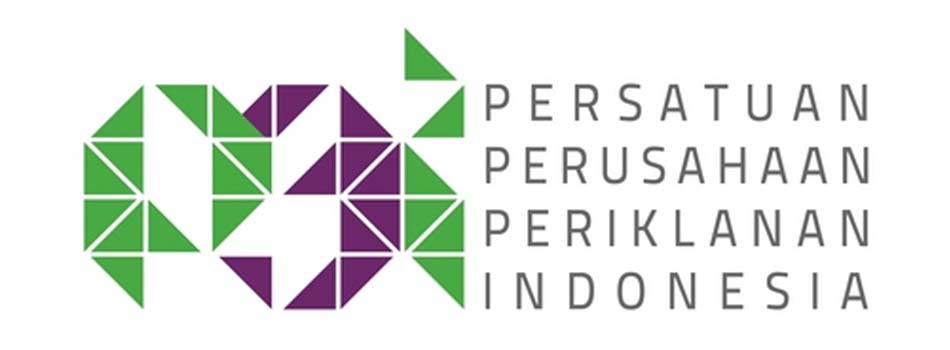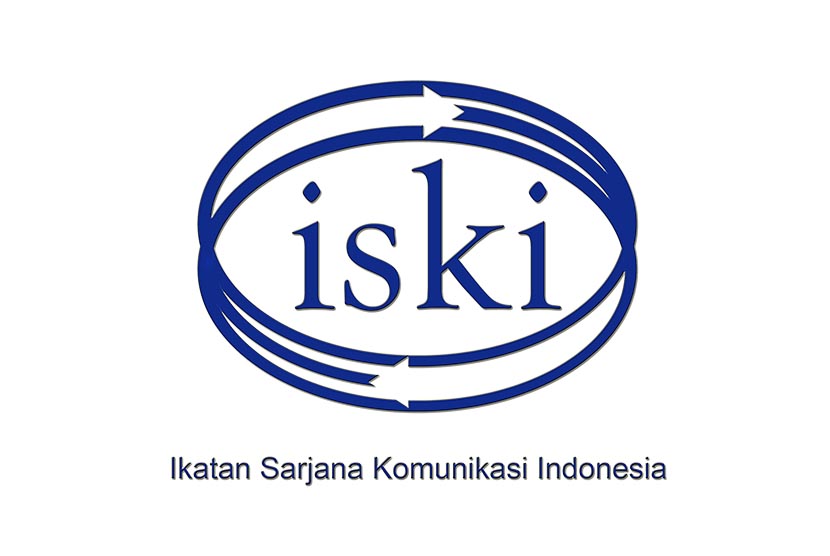Consuming Korea
Global Branding and Soft Diplomacy from the Lens of K-Drama Cyber Travelers
DOI:
https://doi.org/10.36782/jobmark.v1i1.69Keywords:
Global branding, K-Drama, Cyber travelling, Soft diplomacy, Cultural globalizationAbstract
South Korea’s popular culture has been globalizing massively through various channels. Popular culture becomes a giant magnet that attracts global consumers to enjoy South Korea. Particularly by consuming k-drama, foreign consumers can expand their experience by doing internet-based-imaginary travel to South Korea’s landscape and daily cultures. This phenomenon is suitable for what we discuss later as the concept of cyber traveling. Departing from that point, this research focuses on South Korea’s global branding and soft diplomacy by analyzing k-drama’s cyber traveling experience by Indonesian consumers. We are using phenomenology as the main method, while in-depth interview, observation, and open-source document research are used as data collecting methods. This research found that k-drama consumption was able to facilitate cyber traveling that contributes significantly to South Korea’s global branding and soft diplomacy as a form of cultural globalization.
Downloads
References
Day Korean. (2020, Oktober 13). Korean Drama Phrases – Top 28 Words & Expressions for K-Drama Fans. 90 Day Korean. https://www.90daykorean.com/korean-drama-phrases/
Adler, P. A., & Adler, P. (1987). Membership Roles in Field Research. Sage Publication.
Aprilia, N. G. (2018, April 4). Love Distance, Drama Kece Hasil Kolaborasi Indonesia dan Korea yang Bikin Penasaran. Grid.id. https://www.grid.id/read/04199863/love-distance-drama-kece-hasil-kolaborasi-indonesia-dan-korea-yang-bikin-penasaran?page=all
Bakry, U. S. (2016). Metode Penelitian Hubungan Internasional. Pustaka Pelajar.
Boik, W. (2011). Understanding the North Korea Problem: Why It Has Become the "Land of Lousy Options". Carlisle: The Letort Papers.
Conran, P. (2021, March 5). Allegations of bullying from stars’ school days rock K-drama productions, with Ji Soo forced to quit River Where the Moon Rises. South China Morning Post. https://www.scmp.com/lifestyle/k-pop/k-drama/article/3124255/abuse-claims-stars-school-days-rock-k-drama-productions-ji
Dinnie, K. (2009). Repositioning the Korea Brand to a Global Audience: Challenges, Pitfalls, and Current Strategy. Korea Economic Institute- Academic Paper Series, 4, 1-6.
Doo, R. (2017, January 6). Korean drama 'Goblin' popular but controversial. The Jakarta Post: https://www.thejakartapost.com/life/2017/01/06/korean-drama-goblin-popular-but-controversial.html
Esterberg, K. G. (2002). Qualitative Methods in Social Research. McGraw Hill.
Febrian, R., Angelina, T., & Islam, P. A. (2020, May 20). Mendalami Invasi Drama Korea: Dukungan Pemerintah dan Strategi Pelaku Industri. VOI. https://voi.id/tulisan-seri/6203/mendalami-invasi-drama-korea-dukungan-pemerintah-dan-strategi-pelaku-industri
Ho, H. (2020, June 15). The ‘Korean Wave’: pop culture and tourism. The Boar. https://theboar.org/2020/06/the-korean-wave/
Janati, F. (2021, February 25). Pihak Produksi Drama Dear M Selidiki Kontroversi Park Hye Soo. Kompas.com. https://www.kompas.com/hype/read/2021/02/25/111138766/pihak-produksi-drama-dear-m-selidiki-kontroversi-park-hye-soo
Jeong, J.-S., Lee, S.-H., & Lee, S.-G. (2017). When Indonesians Routinely Consume Korean Pop Culture: Revisiting Jakartan Fans of the Korean Drama Dae Jang Geum. International Journal of Communication 11, 2288-2307.
Ju, H. (2018). The Korean Wave and Korean Dramas. Oxford Research Encyclopaedia Dramas. https://doi.org/10.1093/acrefore/9780190228613.013.715
Ju, H. (2020). Korean TV Drama Viewership on Netflix: Transcultural Affection, Romance, and Identities. Journal of International and Intercultural, 32-48. https://doi.org/10.1080/17513057.2019.1606269
Jung, E. A. (2020, April 4). Itaewon Class, a Korean Drama That Just Hits Different. Vulture. https://www.vulture.com/2020/04/itaewon-class-a-korean-drama-that-just-hits-different.html
Khoiri, A. (2018, Maret 18). Drama Korea Punya Potensi Pasar Besar di Indonesia. CNN Indonesia. https://www.cnnindonesia.com/hiburan/20180317185702-220-283840/drama-korea-punya-potensi-pasar-besar-di-indonesia
Kim, L. (2021, February 22). Park Hye Soo’s Agency Denies School Violence Allegations + Announces Plans to Take Legal Action. Soompi. https://www.soompi.com/article/1455712wpp/park-hye-soos-agency-denies-school-violence-allegations-announces-plans-to-take-legal-action
KOCIS, K. C. (2015). Korean Culture Vol.3: K-Drama, a New TV Genre with Global Appeal. Korean Culture and Information Service, Ministry of Culture, Sport and Tourism.
Kurt, I., & Gok, H. (2015). Impact of Technology on the Perceptions of Culture Shock. Mevlana International Journal of Moral and Values Education (MIJMVE) Impact of Technology on the Perceptions of Culture Shock, 2, 21-28. http://mijmve.mevlana.edu.tr
Larasati, D. (2018). Globalisasi Budaya dan Identitas: Pengaruh dan Eksistensi Hallyu (Korean Wave) versus Westernisasi di Indonesia. Jurnal Hubungan Internasional, 11, 109 - 120. http://dx.doi.org/10.20473/jhi.v11i1.8749
Lin, H. (2017, January 27). Branding-Focused Initiative: Korea’s Global Brand Program. Asia Pacific Foundation of Canada. https://www.asiapacific.ca/research-report/branding-focused-initiative-koreas-global-brand-program
Lin, L., & Hongtao, L. (2017). Joseph Nye’s Soft Power Theory and Its Revelation Towards Ideological and Political Education. Humanities and Social Sciences, 69-74.
Lisdya, S. (2020, October 9). Populer Digunakan di Media Sosial, Ini Arti Kosa Kata 'Hyung'. Urban Asia: https://www.urbanasia.com/populer-digunakan-di-media-sosial-ini-arti-kosa-kata-hyung-U20047
Lova, C. (2021, March 3). KBS Keluarkan Ji Soo Sebagai Pemeran Utama Drama River Where the Moon Rises. Kompas.com: https://www.kompas.com/hype/read/2021/03/05/101721166/kbs-keluarkan-ji-soo-sebagai-pemeran-utama-drama-river-where-the-moon-rises
Macek, J. (2004). Defining Cyberculture (Koncept rané kyberkultury). In V. Jaromir, & B. Pavlina (eds.), Média a realita (pp. 35-65). Brno: Masaryk University.
Margaretha, J. (2014). Trifecta of Korean Wave: Pemerintah, Media, dan Budaya. Universitas Indonesia.
Mujib, A. (2015). Pendekatan Fenomenologi dalam Studi Islam. Al-Tadzkiyyah: Jurnal Pendidikan Islam, 6, 167 - 183.
Nye, J. S. (2008). Public Diplomacy and Soft Power. The ANNALS of the American Academy of Political and Social Science, 616, 94-109.
Ramadhani, K., & Linandi, K. E. (2012). Korean Wave and Potential Impacts on Indonesia Adolescents and Other ASEAN Countries. Asian Academic Society International Conference, 20-26.
Sari, I. P. (2020, September 11). 'Hyung' Jadi Bahasa Twitter, Enggak Boleh Sembarang Ucapkan ke Orang Korea! Grid.id. https://cewekbanget.grid.id/read/062332270/hyung-jadi-bahasa-twitter-enggak-boleh-sembarang-ucapkan-ke-orang-korea?page=all
Soliha, I., & Briandana, R. (2015). Audience Interpretation on Korean TV Drama Series in Jakarta. Jurnal Komunikasi Borneo, 4, 45 - 55.
Soompi. (2017, May 22). 20 Korean Words and Phrases That Every K-Drama Fan Should Know. Soompi. https://www.soompi.com/article/985725wpp/20-korean-words-every-k-drama-fan-know
Sugiyono. (2015). Metode Penelitian Kombinasi (Mix Methods). Alfabeta.
Sunder, K. (2021, February 23). 13 Traditional National Costumes from Around the World. Fodor's Travel. https://www.fodors.com/news/photos/13-traditional-national-costumes-from-around-the-world
Trolan, J. (2017). A look into Korean popular culture and its tourism. International Journal of Educational Policy Research and Review, 4, 203 - 209.
Tuffour, I. (2017). A Critical Overview of Interpretative Phenomenological Analysis: A Contemporary Qualitative Research Approach. Journal of Healthcare Communications, 2(4),
Vita, M. D. (2020, November 23). Kisah Cinta Jisoo dan Amelia Tantono Dibiarkan Gantung, Sutradara Ungkap Keinginan Produksi Web Drama Lunch Box 2. Grid.id. https://www.grid.id/read/042439141/kisah-cinta-jisoo-dan-amelia-tantono-dibiarkan-gantung-sutradara-ungkap-keinginan-produksi-web-drama-lunch-box-2?page=all
Yani, Y. M., & Lusiana, E. (2018). Soft Power dan Soft Diplomacy. TAPIs, 14(2), 48-65.
Zelikha, S. (2021, February 3). Rekomendasi Makeup Colorgram X True Beauty untuk Sehari-hari. Her World. https://www.herworld.co.id/article/2021/2/17077-Rekomendasi-Makeup-Colorgram-X-True-Beauty-untuk-Sehari-hari


















